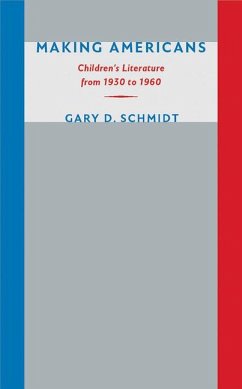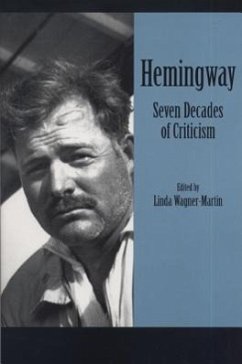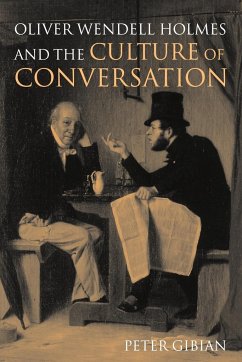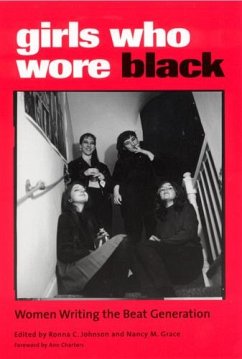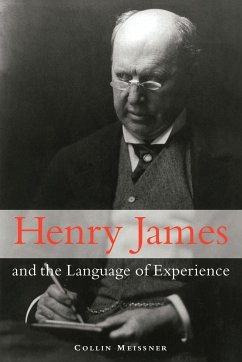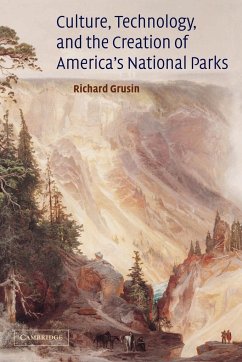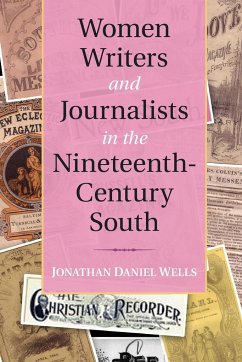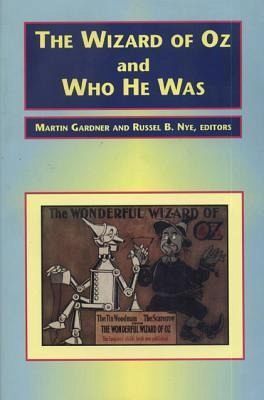
The Wizard of Oz and Who He Was
Versandkostenfrei!
Versandfertig in über 4 Wochen
17,99 €
inkl. MwSt.

PAYBACK Punkte
9 °P sammeln!
At a state library conference in 1957 the director of the Detroit Public Library system fueled a controversy heard across the nation. He voiced the sentiment that L. Frank Baum's Wizard of Oz stories had no value. At that time it became apparent that even the original work in this series of more than twenty-five titles (additional Oz books were penned by Ruth Plumly Thompson and Rachael R. Cosgrove after Baum's death) - especially popularized by its third film rendition (MGM 1939) - was not readily available in children's stacks in American libraries. Furthermore, numerous librarians rallied i...
At a state library conference in 1957 the director of the Detroit Public Library system fueled a controversy heard across the nation. He voiced the sentiment that L. Frank Baum's Wizard of Oz stories had no value. At that time it became apparent that even the original work in this series of more than twenty-five titles (additional Oz books were penned by Ruth Plumly Thompson and Rachael R. Cosgrove after Baum's death) - especially popularized by its third film rendition (MGM 1939) - was not readily available in children's stacks in American libraries. Furthermore, numerous librarians rallied in support of the Detroit director's proclamation, calling the Oz books "poorly written", "unimaginative", "negativistic", and "unwholesome". This paperback edition of Michigan State University Press's highly-acclaimed The Wizard of Oz and Who He Was has something special for everyone, including a reprint of the 1900 edition of The Wonderful Wizard of Oz with original W. W. Denslow illustrations; an essay by Pulitzer Prize-winning author Russel B. Nye, which explores Lyman Frank Baum's unique approach to children's literature and the irony of critical neglect in light of its extraordinarily popular success; a biographical sketch of Baum written by Martin Gardner; a bibliography of Baum's many publications, arranged chronologically and including anonymous and pseudonymous citations; and a new introduction by Maurice Hungiville describing the national controversy surrounding the first publication of this text in 1957.



